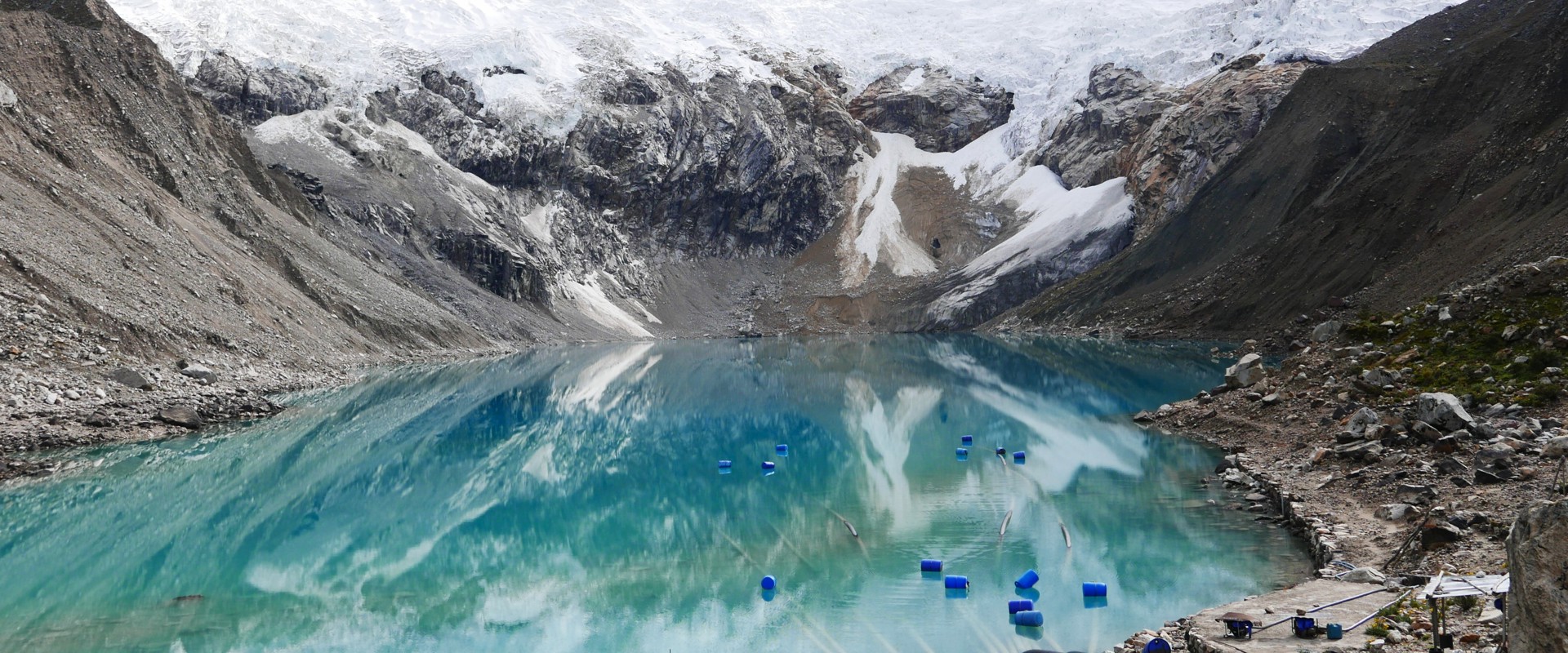
15 September 2025 09:00 - 17:00 Virtual, via Zoom
15 September 2025 | 09:00 - 17:00 | Virtual, via Zoom
This virtual event will explore key themes around understanding environmental change in the past and present, drawing on insights from the geological and palaeontological record. Speakers will address the scale and variability of environmental change, methods for investigating these processes, and how such changes have shaped and will continue to shape landscapes, ecosystems, and human societies.
The programme will also include discussion of the socio-environmental impacts of climate change, such as effects on resource availability, alongside approaches to mitigation, adaptation, and remediation. Panel sessions will provide opportunities for interactive discussion and knowledge exchange on these critical issues.
Stephen Grimes - University of Plymouth
Caroline Clason - Durham University
Rob Duller - University of Liverpool
Shan Huang - University of Birmingham
Advance your knowledge in this area with our Training Course
Past Regional Presentations
University of Plymouth - Professor Gerd Masselink
Impact of sea-level rise on atoll islands – is drowning the inevitable outcome?
University of Aberystwyth - Professor Sarah Davies
Climate change, sea level and storminess in Wales – a palaeoenvironmental perspective
University of Liverpool - Dr Rob Duller
How do sedimentary layers record information about past climate change?
University of Glasgow - Dr John MacDonald
Anthropogenic Geomaterials: what are they, and how do they impact climate and ecology?
Durham University - Dr Caroline Clason
Exploring the importance of glaciers for water, food, and energy security
University of Birmingham - Dr Shan Huang
Complex climate change impact on biodiversity dynamics in space and time
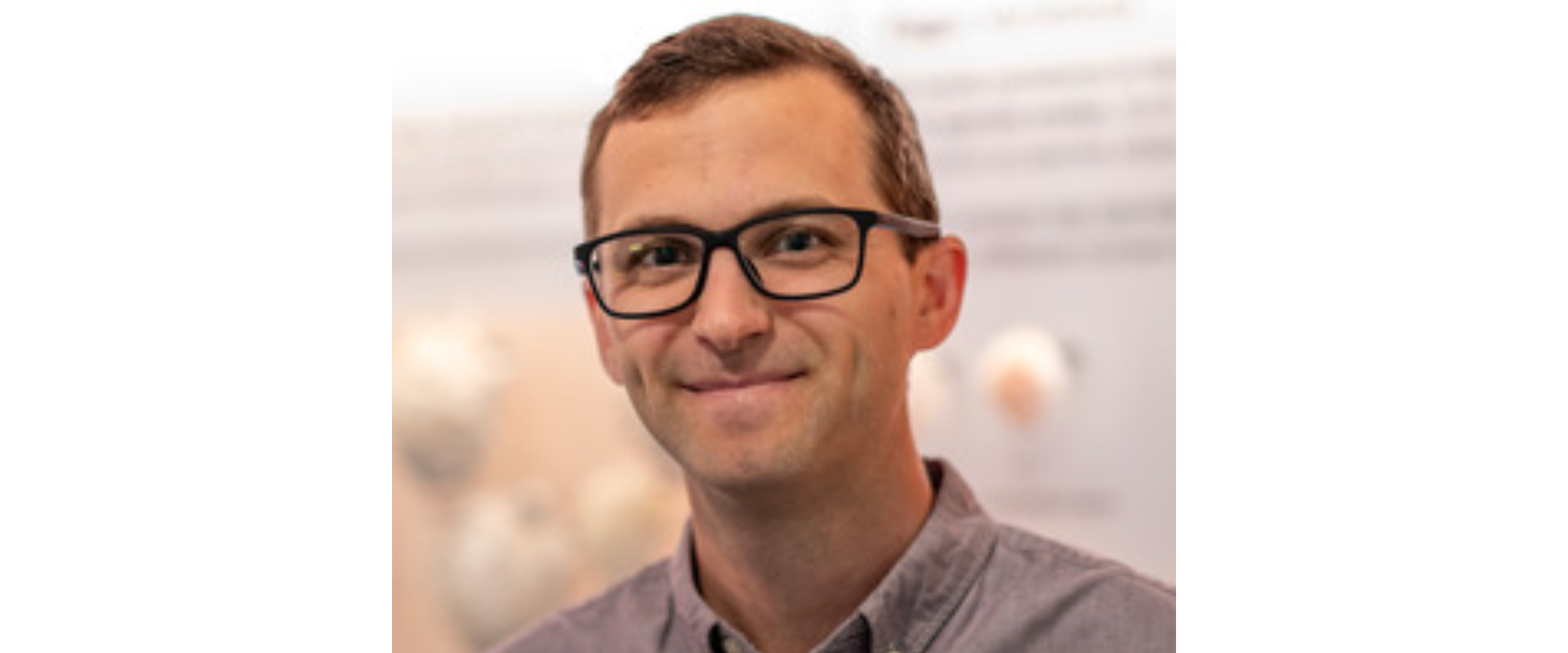
Dr. Stewart Edie, Smithsonian Institution, Washington D.C. USA
Stewart Edie, Ph.D., is a palaeobiologist who tackles broad questions in biodiversity science by building and analyzing big-data libraries of modern and fossil specimens. He’s researched topics such as how biodiversity is shaped across climate gradients—from the tropics to the poles—and environmental shifts through geologic time. He also studies how mass extinctions reorganize biodiversity and how tradeoffs in organismal form, function, and energetics influence the evolutionary fates of animal groups. Stewart mostly investigates these topics using marine bivalves—clams, oysters, mussels, cockles, and others—whose exceptional diversity in today’s ocean is matched by a rich fossil record dating back some half a billion years.
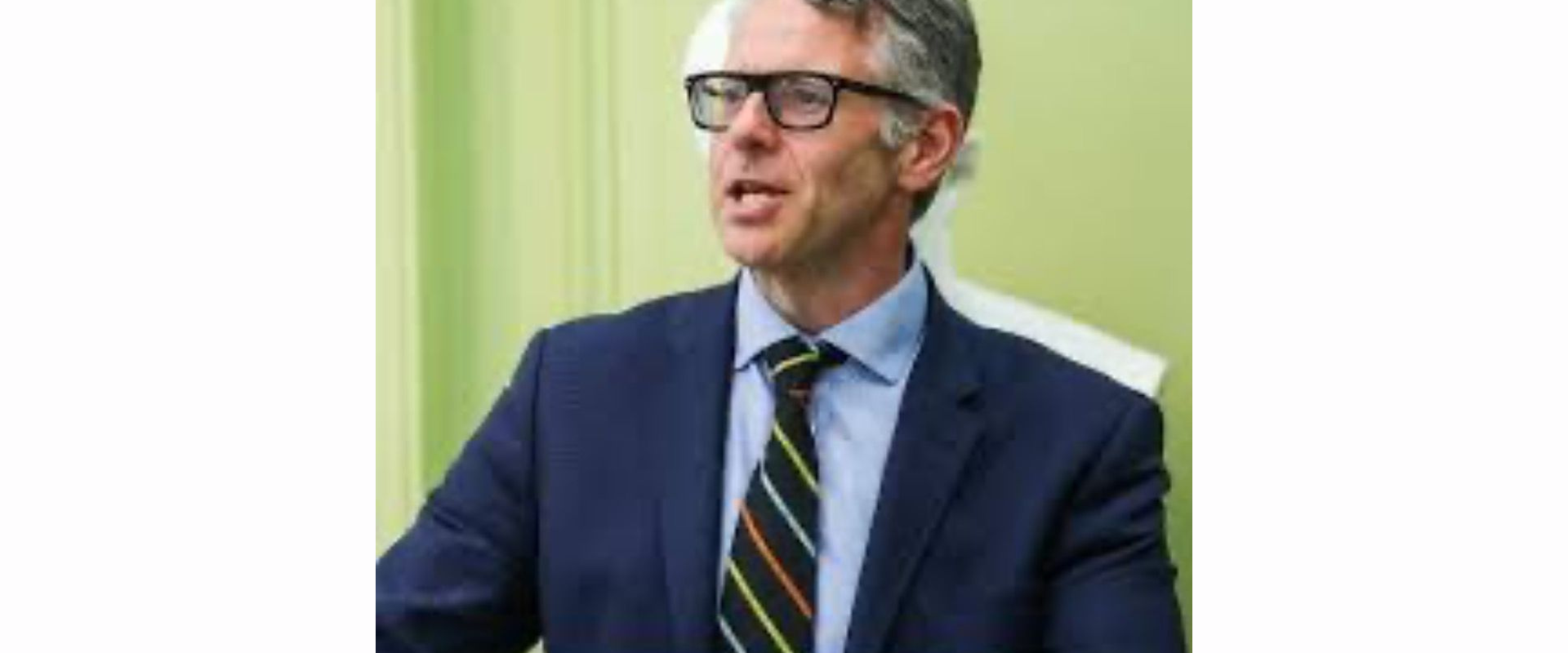
Prof Klaus Dodds, Royal Holloway, University of London
Klaus Dodds is Hon Professor at Royal Holloway University of London and a Hon Fellow at British Antarctic Survey. He has held a number of roles including specialist adviser to the Houses of Parliament, academic expert to NATO's Strategic Foresight Analysis group and Trustee of the Royal Geographical Society. His latest book with Mia Bennett is called Unfrozen and published by Yale University Press in September 2025.
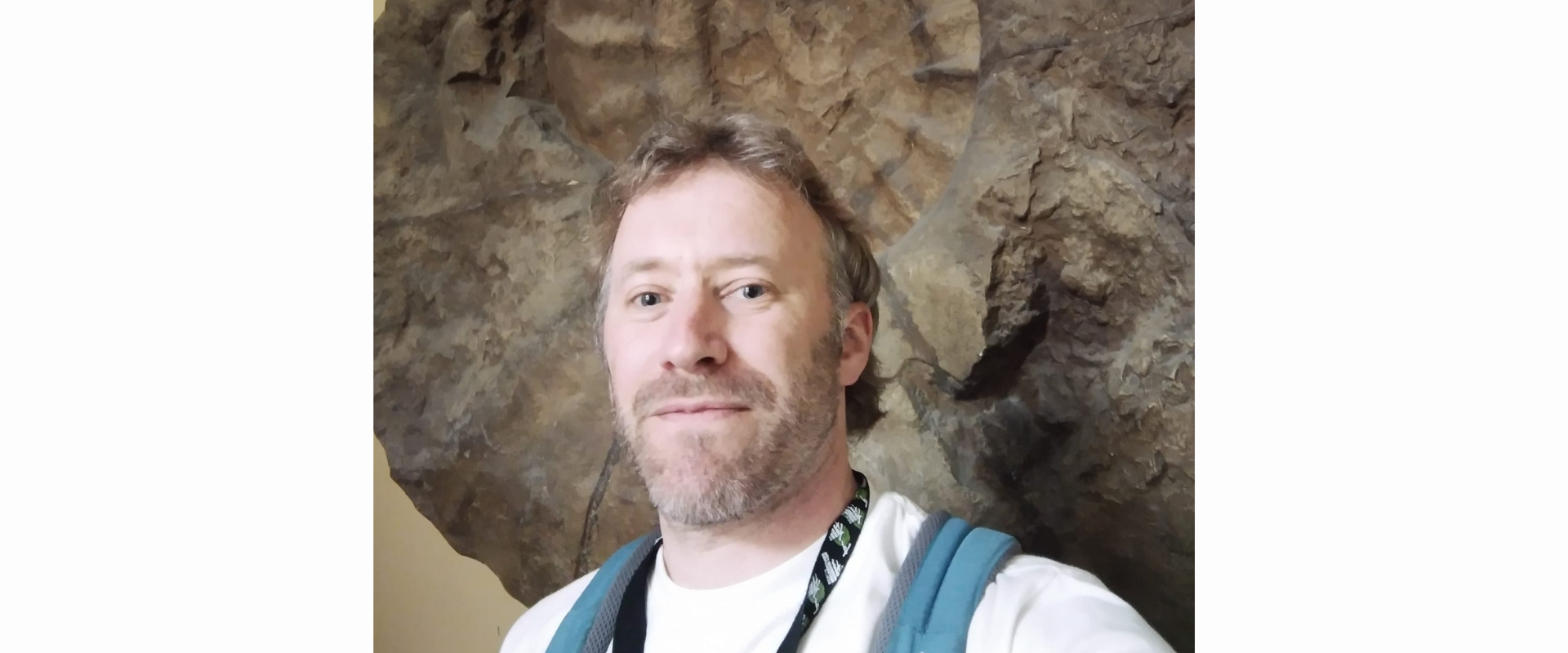
Carl Reddin, University of Bremen
Carl is a quantitative marine ecologist interested in how climate change affects marine ecosystems. He takes a spatio-temporal perspective to assess whether observed responses in fossils can be used as a model for the future, and also how general are ecological responses to climate change, including species regional and global extinctions. In particular, Carl focuses on the hypothesis that climate-related stress can lead to species performance loss and extinction, which he assesses via experimental studies and meta-analysis, as well as theoretical and empirical modelling.
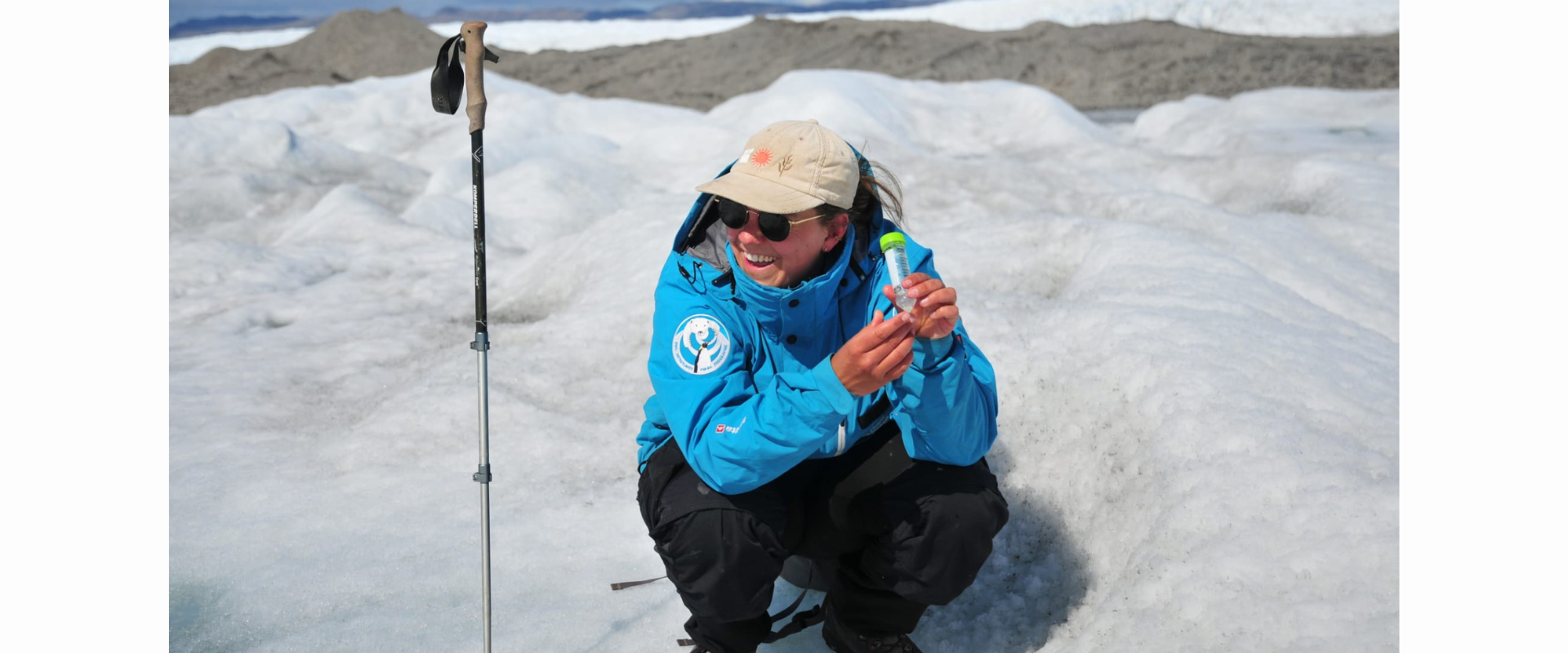
Fleur van Crimpen, The Netherlands Institute of Ecology (NIOO-KNAW)
I am a natural scientist studying lakes and coastal erosion in the Arctic. Over time, I’ve realized that changing the way science works — its practices, priorities, and culture — is much harder than I once hoped. As a young scientist, I am passionate about making research more meaningful for the people experiencing climate change, often in remote Indigenous communities who are on the frontlines of its impacts. My work blends field science with an emphasis on listening, collaboration, and learning from mistakes as much as from successes. I aim to create spaces where we can openly discuss the questions we still need to answer and the ways science can improve. Above all, I hope to contribute to a science that is trusted, relevant, and genuinely beneficial beyond academia.
Showcase your commitment to advancing cutting-edge science, align with sustainable energy transition goals and bolster your Environmental, Social and Governance (ESG) commitments. We understand that each organisation has unique objectives, and we welcome the opportunity to tailor bespoke packages to meet your specific needs.
For more information, please get in touch: sponsorship@geolsoc.org.uk
Fees
Fellow £0
Non-Fellow £30
Student Non-Member £15
Student Member £0
Corporate Affiliate £15
Group discounts
5–9 delegates: 10% off
10–14 delegates: 15% off
15 delegates or more: 20% off
Please contact conference@geolsoc.org.uk for any group bookings.
